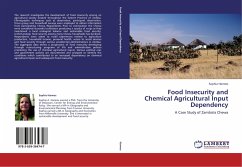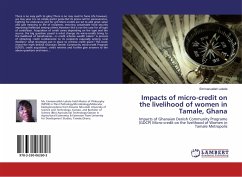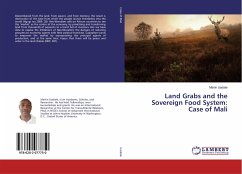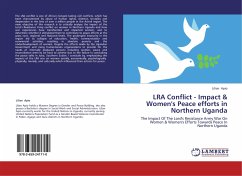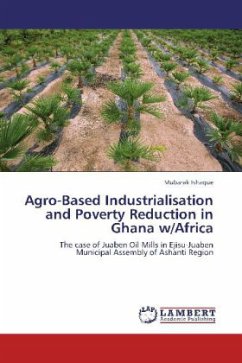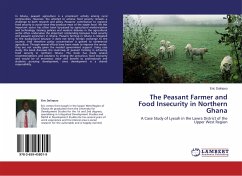
The Peasant Farmer and Food Insecurity in Northern Ghana
A Case Study of Lyssah in the Lawra District of the Upper West Region
Versandkostenfrei!
Versandfertig in 6-10 Tagen
27,99 €
inkl. MwSt.

PAYBACK Punkte
14 °P sammeln!
In Ghana, peasant agriculture is a prominent activity among rural communities. However, the attempt to achieve food security remains a challenge to both research and policy. Peasants' contribution to regional food security is crucial since they produce most of the staple food. Yet this important sector has often been by-passed by agricultural modernization and technology. Existing policies and modern debates in the agricultural sector often undervalue the important relationship between food security and peasant agriculture in Ghana. Peasant farming in Ghana is relegated to the background becau...
In Ghana, peasant agriculture is a prominent activity among rural communities. However, the attempt to achieve food security remains a challenge to both research and policy. Peasants' contribution to regional food security is crucial since they produce most of the staple food. Yet this important sector has often been by-passed by agricultural modernization and technology. Existing policies and modern debates in the agricultural sector often undervalue the important relationship between food security and peasant agriculture in Ghana. Peasant farming in Ghana is relegated to the background because it does not bring foreign exchange to the country. And therefore policy concentration is geared to commercial agriculture. Though several efforts have been made to improve the sector, they are not usually given the needed government support. Using case study, this book discusses the road-map of peasant farming in achieving food security in northern Ghana. The book has made several recommendations and solutions to ending the precarious food insecurity and would be of enormous value and benefit to professionals and students pursuing development, since development is a shared responsibility.



